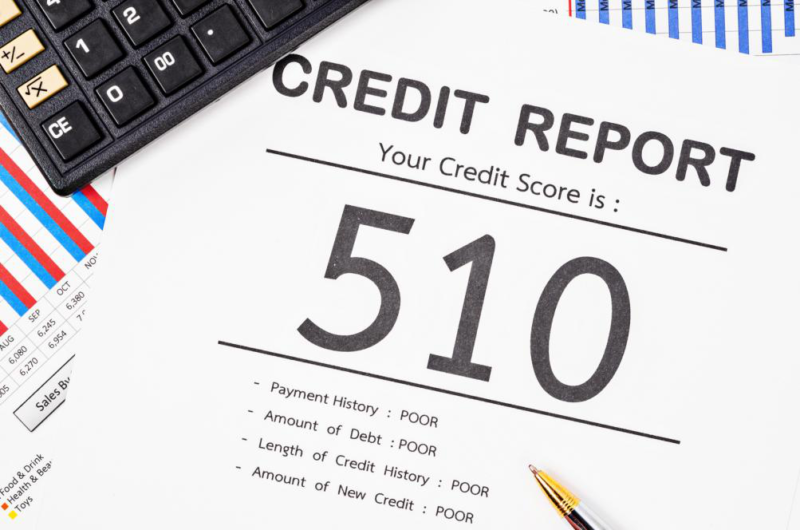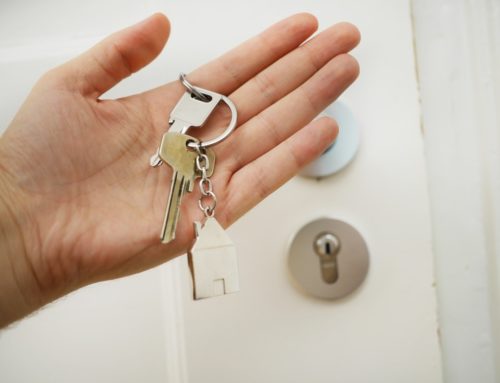Are there bad side effects of a bad credit score? YES!
A credit score is a three-digit number that represents your credit history and is used as a metric to gauge a borrower’s trustworthiness by lenders. It’s based on your financial history, and therefore, enables them to predict how likely you are to repay your debt.
It ranges between 300 and 850; the higher, the better. The costs of having a bad credit score can be quite high. Here are five ways your bad credit score can negatively affect you.
You’ll face difficulties in getting approved for a loan
Your credit rating plays a pivotal role in securing approval for a personal loan or home mortgage. The higher your score, the more likely the chance that your credit application gets approved.
We have a new location: Credit repair Columbia SC is now open!
Therefore, if your credit ratings reflect poor payment patterns, the chances of getting your loan approved are extremely slim.
This can keep you from several opportunities, such as purchasing your own house, owning your favorite car, etc.
You’ll have to pay higher interest payments
If you somehow manage to secure a loan with a low credit score; you’ll have to pay higher interest rates in most instances.
This can put an additional burden on your shoulders, as even a mere increase of one percent can add thousands of dollars to the total amount of the loan.
For example, say an individual takes a mortgage on a $200,000 house (20% down, 30 years). The total amount of interest they’ll pay at 4% interest rate will be $114,991.
On the other hand, if the interest rate is 5%, the total amount of interest will be $149,209, i.e. $34,218 more*.
*property taxes, PMI, and insurance costs are not included in the calculation.
You’ll have trouble renting an apartment
A bad credit score will not only affect your borrowing ability, but also poses difficulties when you’re looking to lease or rent an apartment.
Unless specifically forbidden by local laws, your landlord will run your credit to evaluate your payment habits.
They’re more likely to favor applicants with higher credit ratings, as they’re less likely to default or make late payments.
Especially if they find delinquencies such as bankruptcy or foreclosure on your credit report, they’re highly unlikely to select you as their tenant.
Higher Insurance Premiums
Statistics show that 85% of homeowner insurers and 95% of auto insurers consider credit scores when making decisions pertaining to a person’s policy—of course, if state law permits.
Insurers—similar to lending institutions—are likely to charge you higher premiums if you have poor credit history.
This means that you’ll have to pay more for an identical policy than someone who has maintained good credit history.
You’ll find it difficult to get an employment
In recent years, it has become a common practice for employers to run a credit check on their potential employees when making hiring decisions.
Though they receive access to a shortened version of your credit report, which only shows your payment record, your available credit, and the amount you owe to the creditors.
Late payments or having excessive debt could give an impression that you’re not responsible or well-organized, or perhaps don’t have an ability to live up to agreements.
If you’re looking for a credit repair consultant who can improve your poor credit ratings, contact Master Credit Consultants.
Based in Spartanburg, South Carolina, we’re an established consulting firm that offers credit restoration services, helping our clients to achieve their credit goals and maintain healthy credit ratings for a long-term period.
To schedule a free consultation, call us at 1-844-620-8796 or visit our website for further details.






Leave A Comment